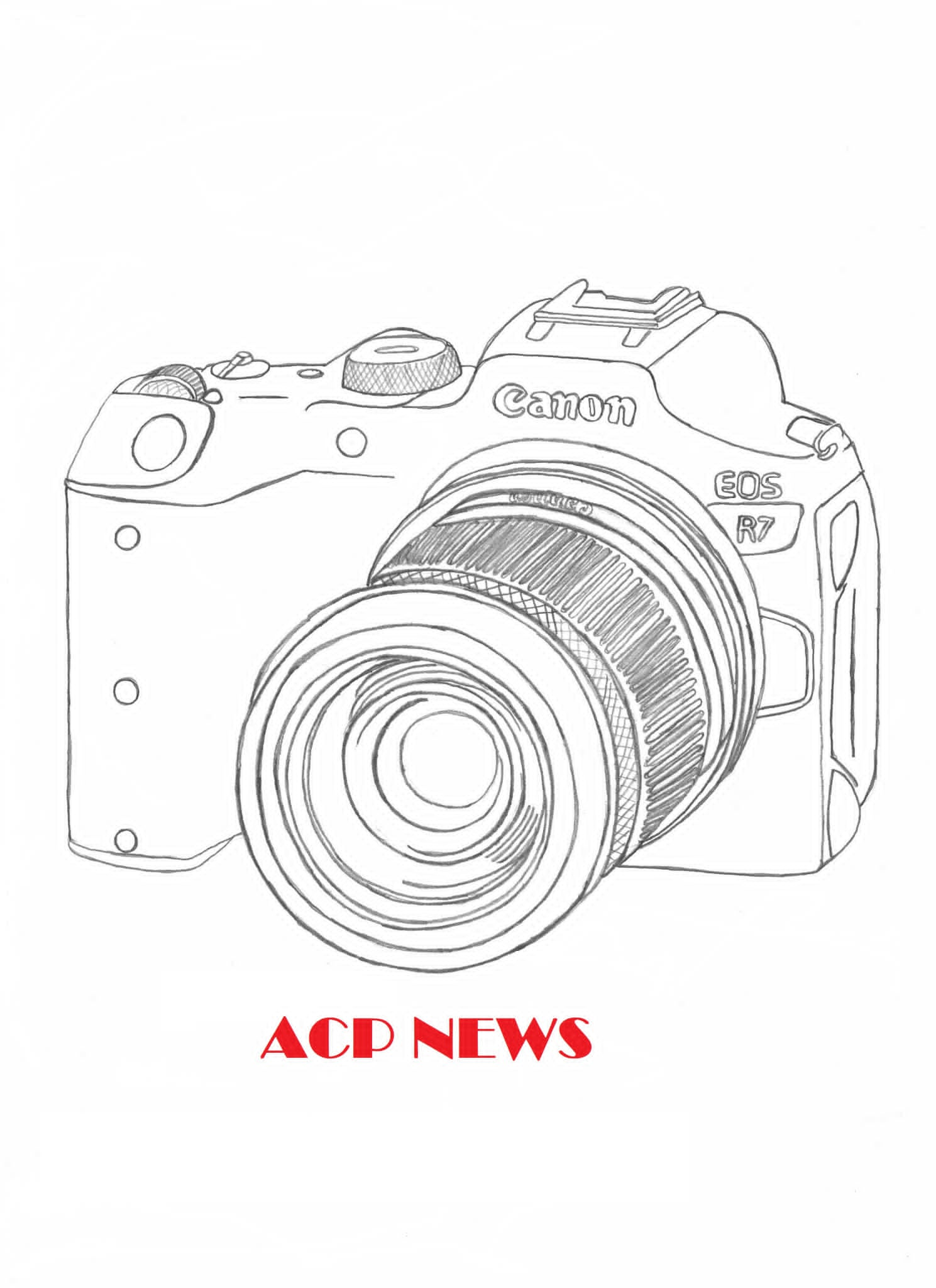Ashland County Democratic Party held their annual Soup and Salad Dinner at the Ashland Kroc Center. Their Guest Speaker the 33rd President of the United States, President Harry S. Truman portrayed by Kenneth Hammontree of Living History Productions.
A little set up about Harry S. Truman
On October 15, 1950, Harry Truman flew to Wake Island for a meeting with his supreme commander in the Pacific. General MacArthur was at the airport,” Truman later complained, “wearing a greasy ham and eggs hat that evidently had been in use for twenty years.” The Wake Island Conference was nonetheless a fairly cordial affair. At that point MacArthur’s successful counteroffensive in Korea made him a hard man to fault, however six weeks later, the picture had changed dramatically. Chinese troops had gone to the aid of North Korea, and MacArthur had vastly underestimated the effect of their intervention. His forces reeled back in retreat, once again abandoning Inchon and the capital city of Seoul to the invaders.
In unauthorized statements to the press, the General began complaining about the constraints preventing him from carrying the war to Chinese soil. MacArthur issued a statement in Tokyo on March 24 that Truman believed undermined his peace initiative. It was an attempt to formulate U.S. policy by going over Truman’s head. MacArthur refused to be muzzled, and on April 11, 1951, Truman relieved MacArthur of his command on the grounds that the General was “unable to give his wholehearted support to the policies of the United States Government. There was an enormous public outcry and much wiping of tears when MacArthur addressed a joint session of Congress on April 19, 1951.
Changing commanders in a middle of a war was bad policy, Truman at first tried to work with MacArthur despite the general’s sometimes poor judgment in matters of strategy; but when MacArthur sent his own message to the Chinese without first notifying the President, making future negotiations between Washington and China impossible, Truman knew that the General had to be fired.
Throughout the Political storm of criticism Truman kept silent. He knew that public opinion is fickle and that the furor would abate. Indeed, perhaps nothing so became Truman in his White House years as his refusal to give in to popular confusions. In the end, the removal of MacArthur in all probability kept the United States out of war with Russia and World War Three.
During the difficult years from 1950 to 1953, he courageously defied the pressures of the hour. His steadiness was perhaps nowhere more sharply outlined than in November and December, 1950 when with the intervention of the Chinese the war took a deadlier turn and at home Truman’s own life was threatened.
Many men have aspired to be President of the United States, but Harry S. Truman was never one of them. The position came to him as an obligation. “If ever there was a man who was forced to be President, I am that man,” he said accepting his social responsibility. Truman who was sometimes outrageous, always full of common sense and uncommon insights was in some historian’s opinion the greatest president we in America had ever experienced. He was an exceptional man with down-home, across-the-back-fence feeling of a born storyteller. “Where the Buck stops” will always be attached to Harry S. Truman.
Kenneth Neff Hammontree
Living History Productions
302 Center Street,
Ashland, Ohio 44805


















